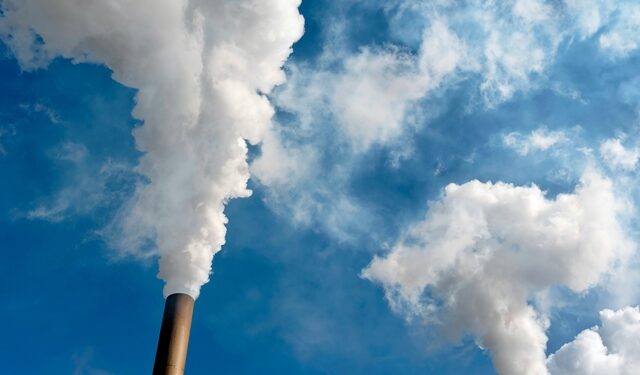Multiple fuel choices will be a headache for ship-owners, but no fuel choice will avoid the inevitable requirement to install exhaust gas treatment systems, was the key message at the Exhaust Gas Cleaning Systems Association (EGCSA) conference in Singapore, on 6 November.
In a recorded presentation from Naples, Professor Di Natale of the University of Naples undertook a review of alternative fuels, concluding that there are certainly fuels which assist in reducing emissions, but, given the nature of the combustion process in a diffusion combustion diesel engine, no fuel achieves zero toxic emission.
Understanding the impact of combustion of hydro-carbons, whether derived from crude, synthesised or bio origin, was also a main theme at the event and Professor Zimmermann of the University of Rostock and Helmholtz Zentrum München shared findings from extremely complex human tissue studies conducted over many years.
In 2015, IMO MARPOL Annex VI regulation 14.1 entered into force requiring the use of fuels in Emission Control Areas (ECAs) with a sulphur content of less than 0.10%. Other authorities, including the European Commission and China, have adopted similar area specific requirements.
Professor Zimmermann explained that his team’s unexpected results discovered that the fuel prescription approach to regulation has resulted in more toxic emissions for certain populations, such as in ports and regions bordering busy shipping lanes.






























































